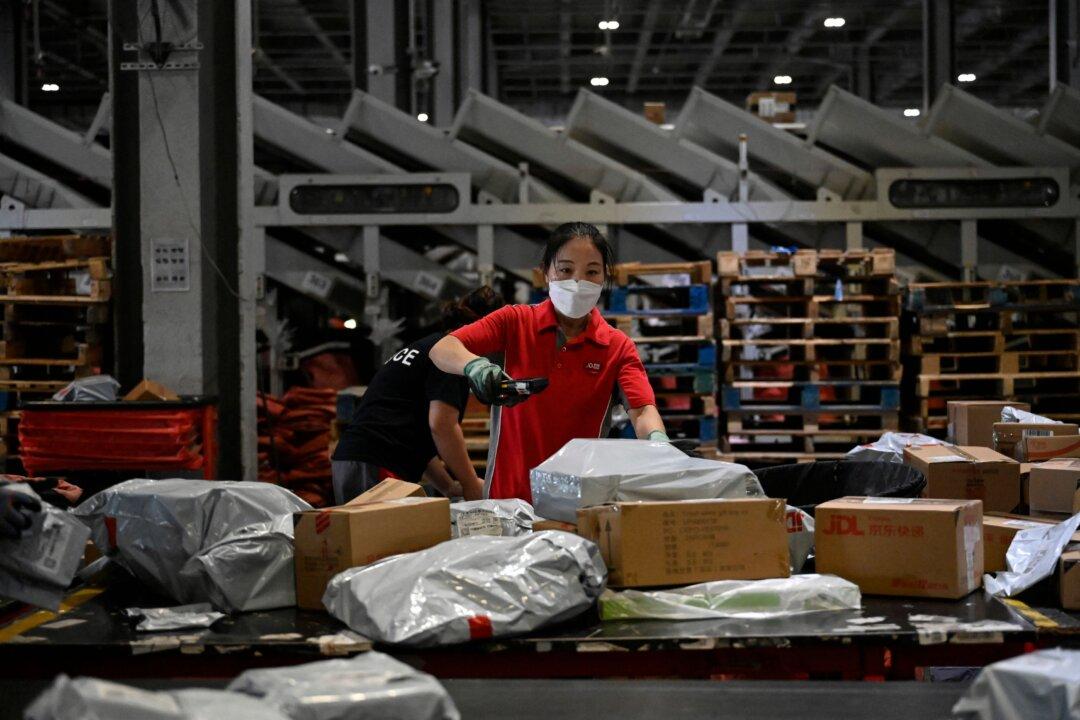The growing tensions between Washington and Beijing are posing new challenges for American small businesses and investors even as the two nations keep talking about limiting their policy misunderstanding and easing the tech barriers, according to experts.
U.S. founders and investors say that when money is scarce, the new constraints on investments in advanced technology in both nations are exacerbating a slump in deals between small- and medium-sized enterprises in the world’s top two economies.





